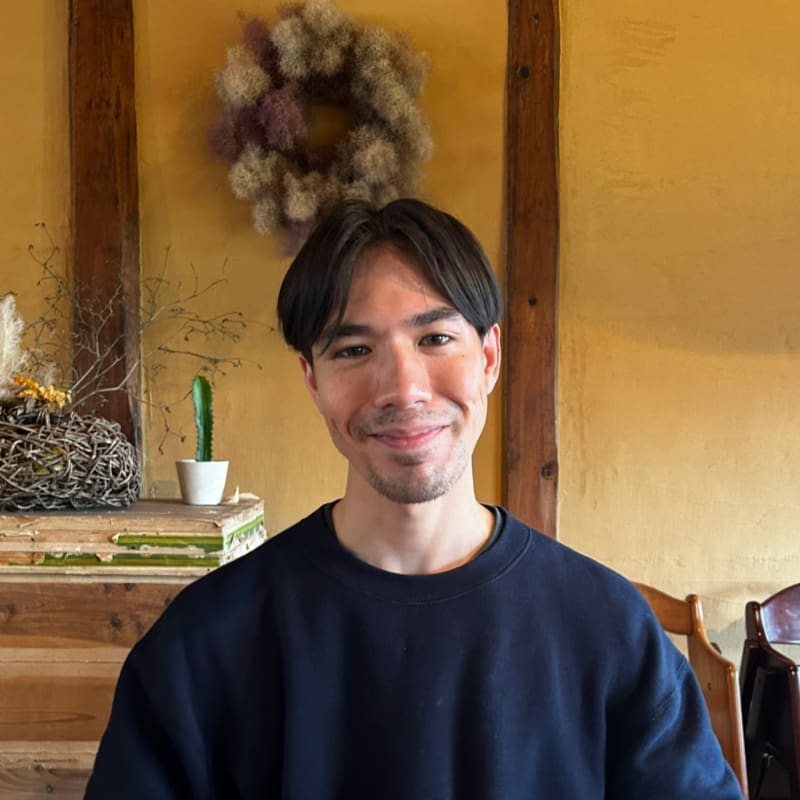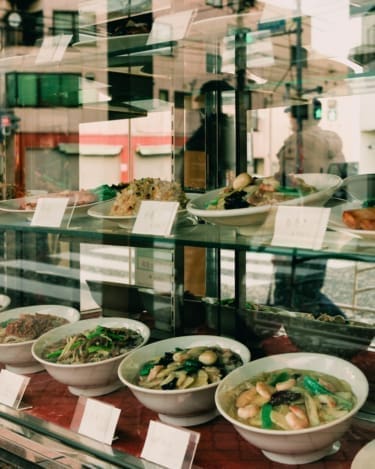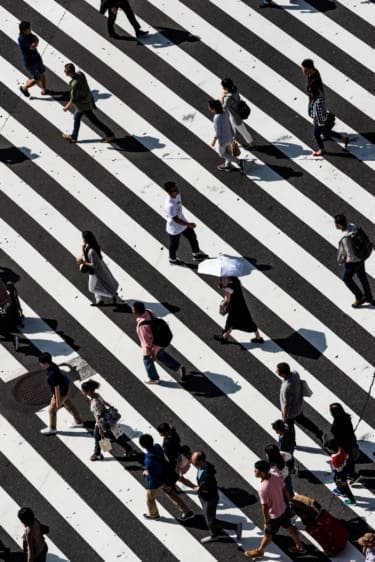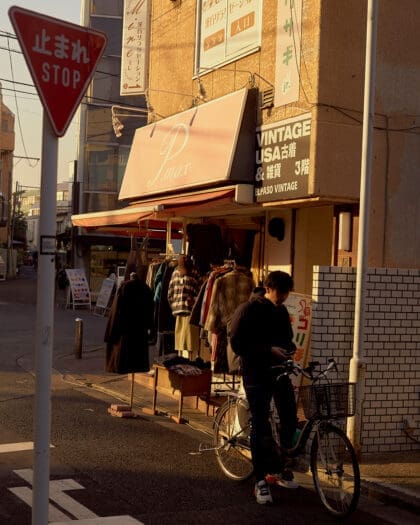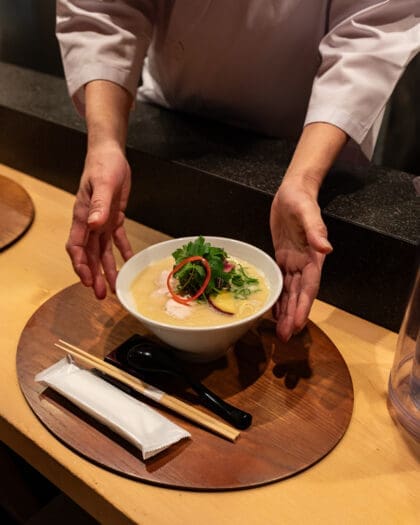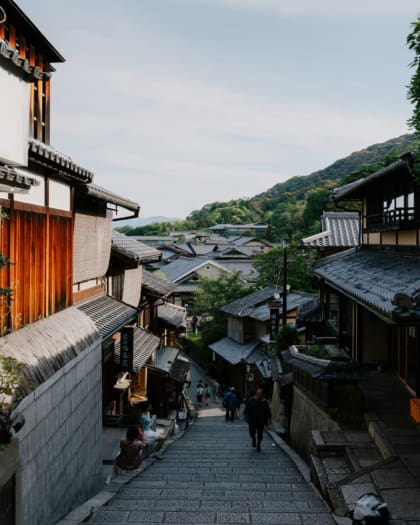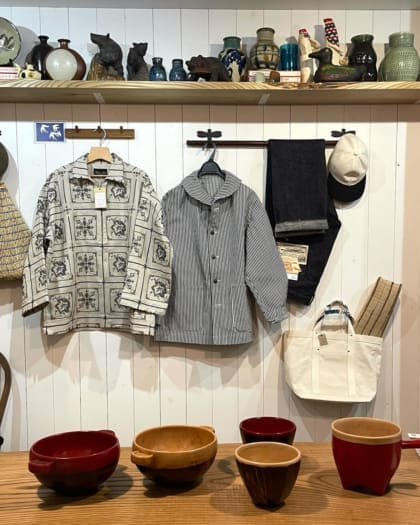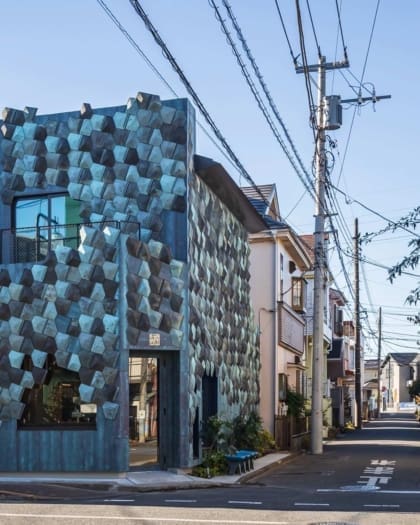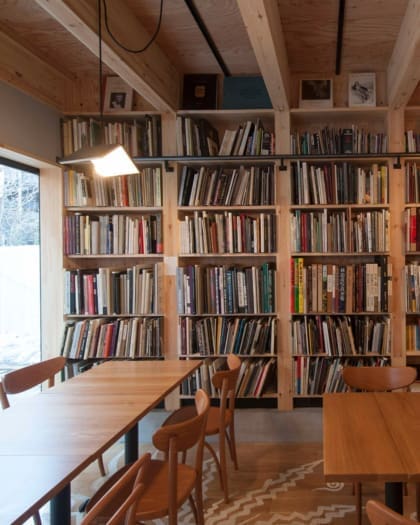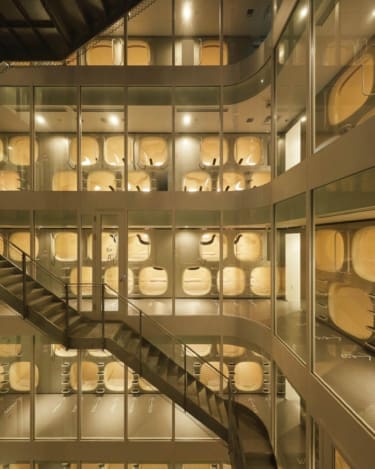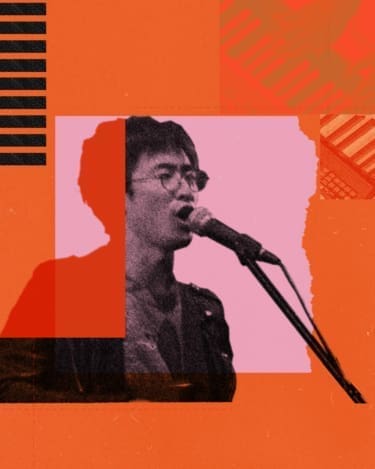The best boutiques for shopping in Tokyo
From cult fashion stores to sophisticated stop-offs for homeware, records, stationery and more, discover the best of Tokyo’s superlative shopping scene
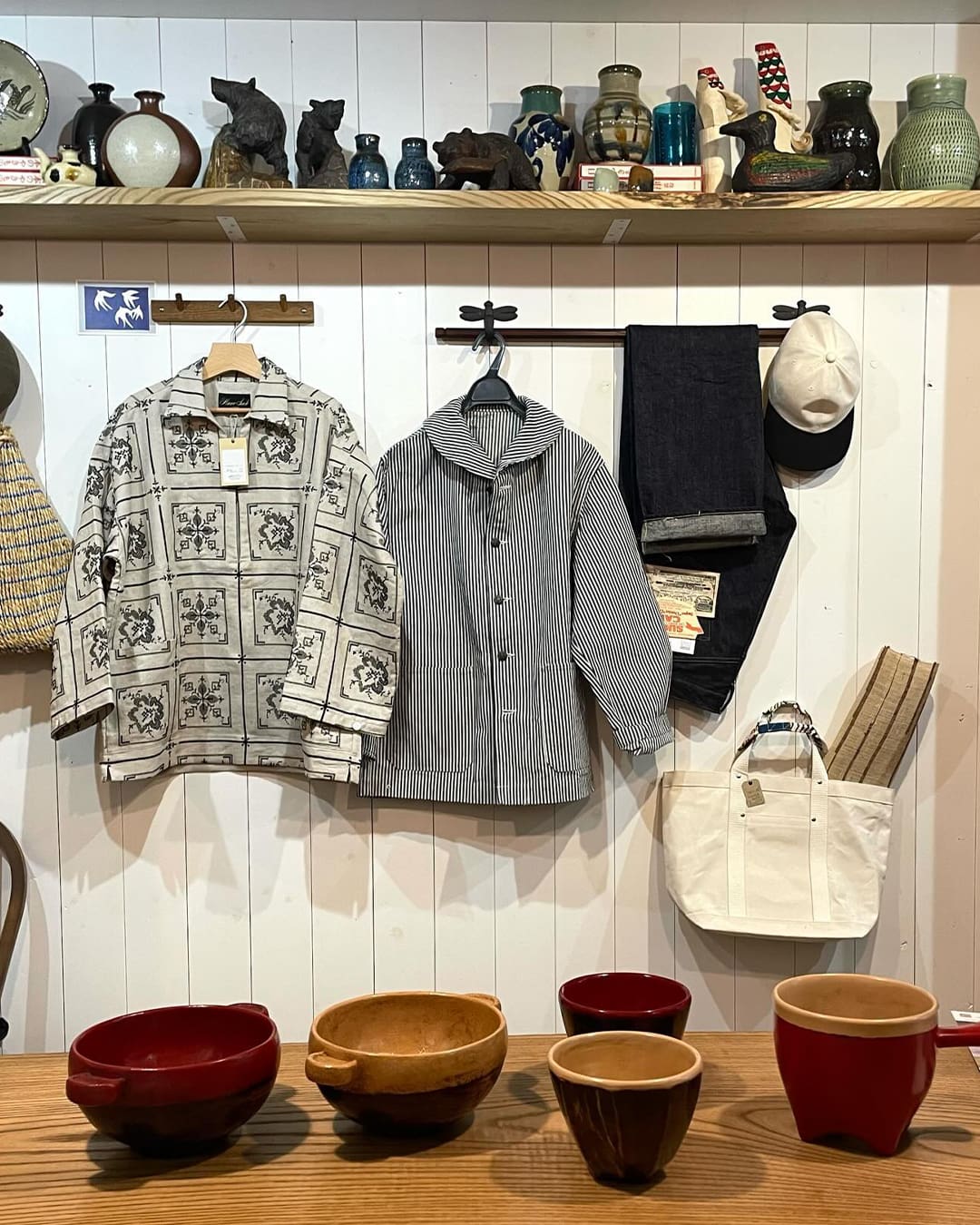
There are countless reasons why Tokyo ranks as one of the world’s best shopping destinations. Department stores such as Isetan in Shinjuku and Mitsukoshi in Ginza stock some of the finest goods in every category and provide world-beating customer service. The city’s brand-name stores are architectural landmarks, with luxury retailers commissioning A-list architects for their Tokyo flagships (Herzog & De Meuron’s Prada building and Renzo Piano’s Maison Hermès are just two highlights). Shopping districts are niche and comprehensive – Jinbocho for books, Kappabashi for kitchenware and Ochanomizu for musical instruments – offering product ranges unlike anywhere else. Meanwhile, Shimokitazawa is a shoppers go-to for vintage stores and vinyl.
A lot can be left to serendipity in a city so vast and packed with shops of all shapes and sizes, but some places are too good and often too tucked away to leave to chance alone. Here we’ve selected the best independent shops and boutiques that this dizzyingly large metropolis has to offer.
Plus, seeking a pick-me-up on your shopping trip? Bookmark our guide to Tokyo’s best coffee shops or leading izakaya restaurants. Or if you’re just starting to plan a visit to the Japanese capital, discover our round up of the city’s best boutique hotels.
Tokyo’s best shopping boutiques by neighbourhood
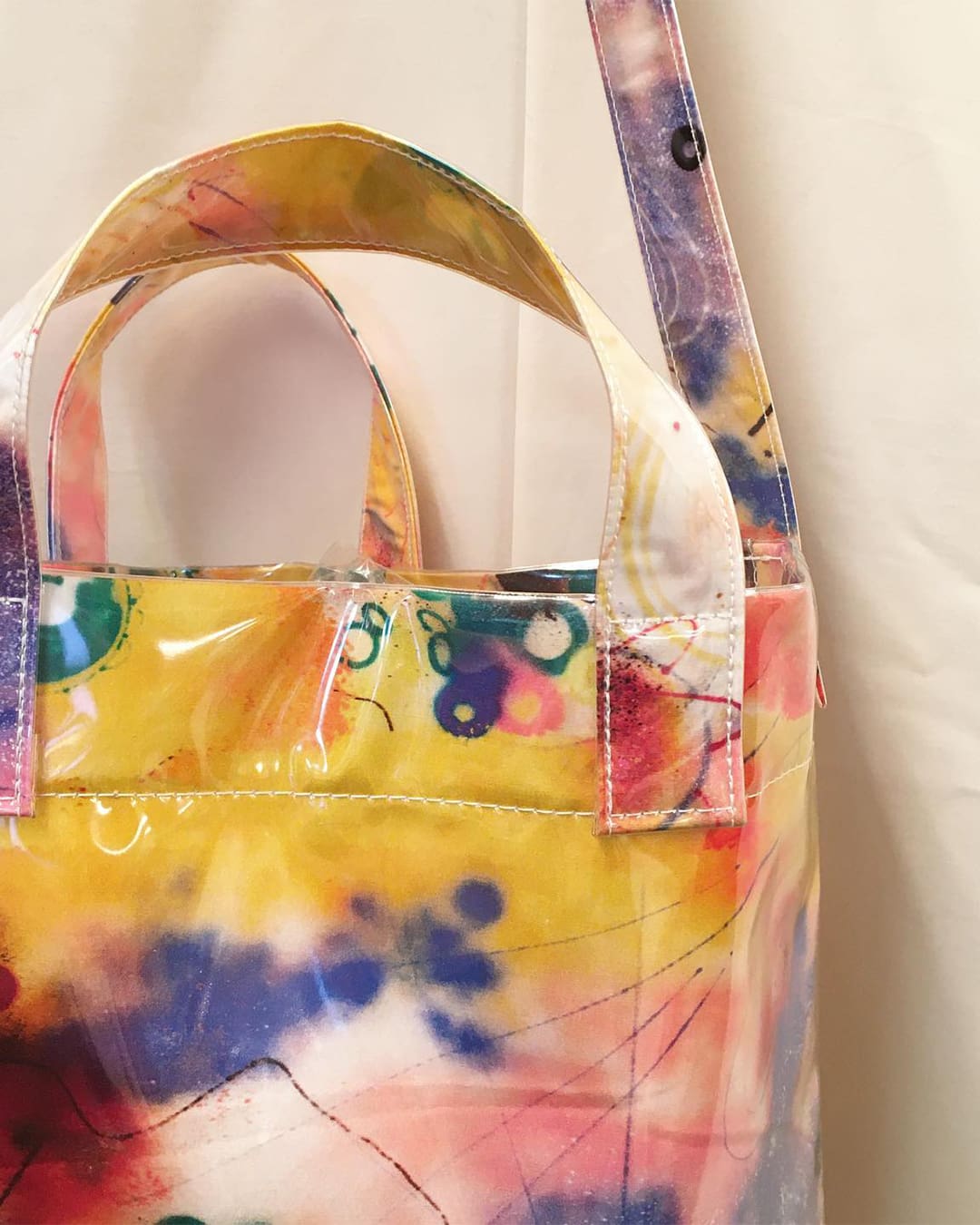
Shibuya
10tow
Best for: Vintage gems from legendary Japanese fashion designers
Location: 11-6 Udagawacho, Shibuya-ku, Tokyo
Found on the fourth floor of a narrow eight-storey building that also houses a ramen shop, multiple hair salons and just as many bars, 10tow’s location will give you a good feel for the city’s zakkyo (multi-tenant) buildings, in one of the city’s busiest areas. There’s no mistaking 10tow, though – a vintage clothing store that specialises in sourcing rare Comme des Garçons and Yohji Yamamoto. For the collectibles that they are, prices are surprisingly reasonable, so you’ll find yourself competing with many other keen-eyed shoppers in the hunt for that gem hidden on the rails.
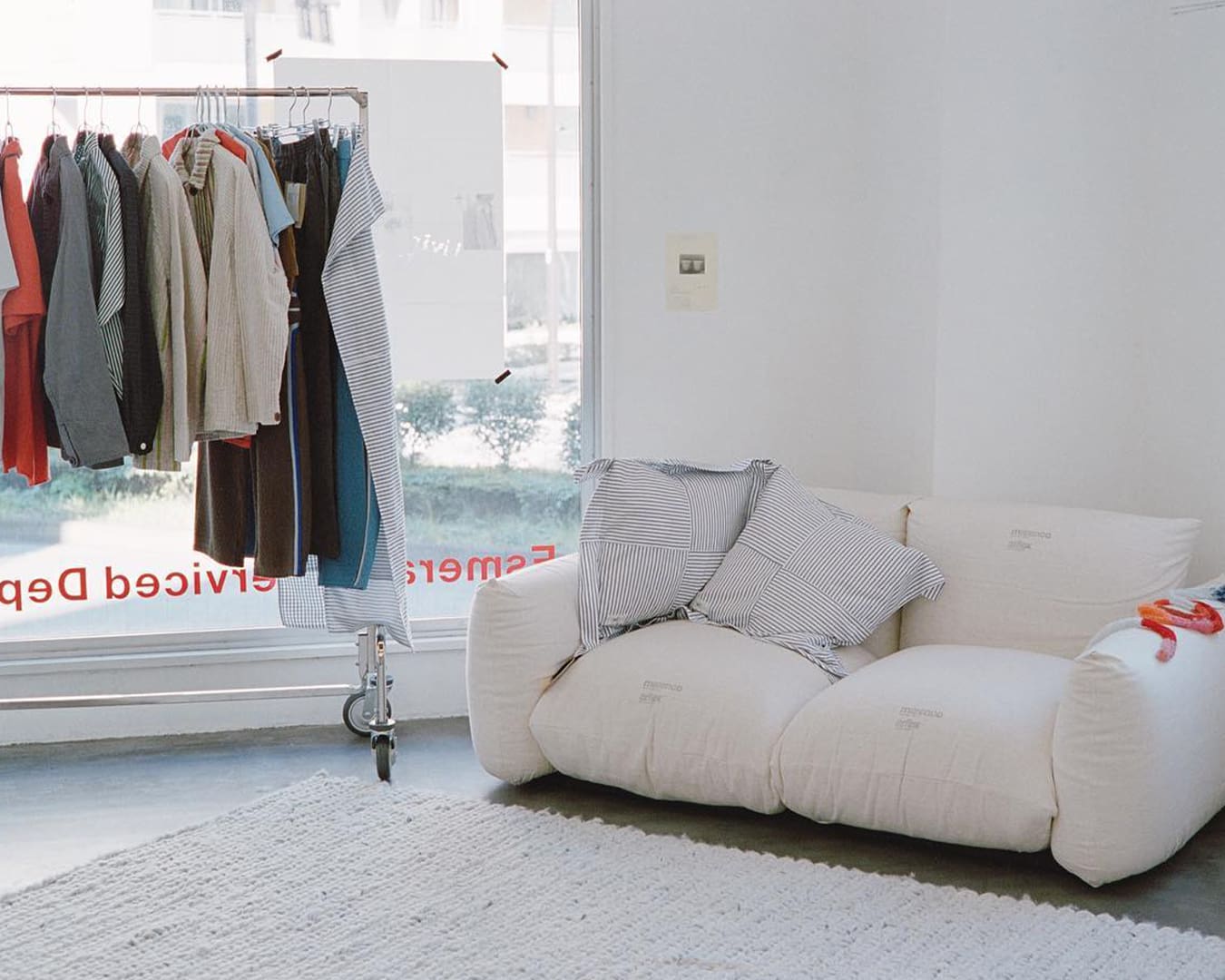
Esmeralda Serviced Department
Best for: Under-the-radar fashion brands and second-hand clothing
Location: 1-37-2 Tomigaya, Shibuya-ku, Tokyo
A favourite among fashion editors, Esmeralda Serviced Department looks more like a showroom or a private gallery than a store open to the public, but step inside and you’ll find a welcoming atmosphere, an eclectic array of womenswear and menswear, and even a blue ping-pong table upon which various accessories and curios are displayed. Having originally begun as an online thrift store, the product selection leans slightly towards second-hand clothing but increasingly also includes new pieces from niche brands such as Madrileño shirtmaker Camisas Manolo and Amsterdam-based accessories studio Pien. Both new and used items are all carefully selected by owner Kiko Kanayama, herself a former editor and writer.

Ginza
Takumi
Best for: Japanese folk crafts
Location: 8-4-2 Ginza, Chuo-ku, Tokyo
The Mingei arts-and-crafts movement that emerged in the 1920s championed the beauty of everyday objects and praised the skills of the unnamed craftspeople who made them. Tokyo’s official Mingei museum may be on the other side of town from Takumi, but consider this specialty store the museum’s de facto gift shop (Takumi was, after all, established by Yanagi Soetsu, one of the movement’s founders). From pottery made in Shimane Prefecture to glassware blown near the Seto Inland Sea, a wide array of crafts from across the country are crammed into quite a small space here, so have a good rummage around and see what might prove handy in your own day-to-day life.
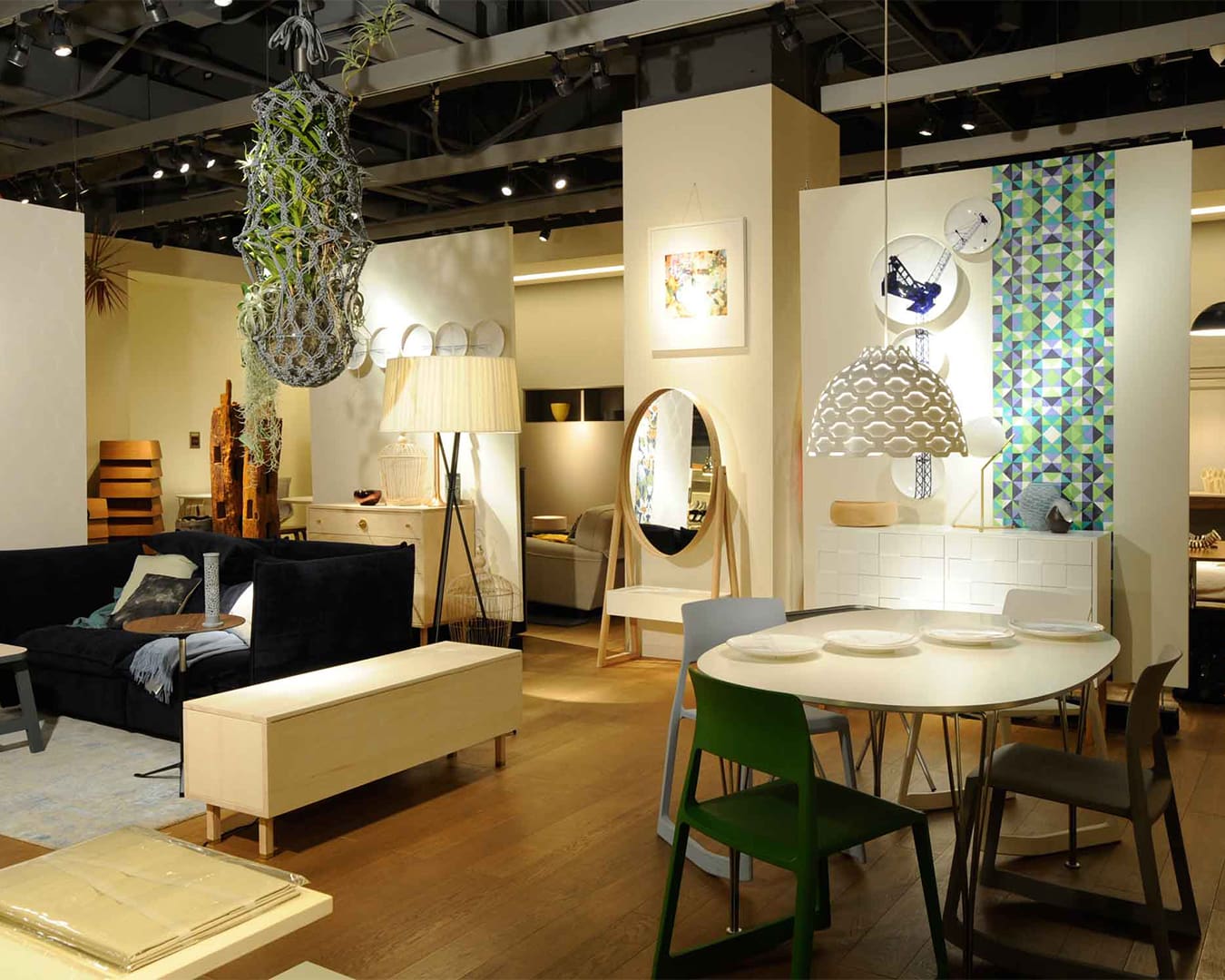
Roppongi
Living Motif
Best for: Superlative homeware
Location: 5−17-1 Roppongi, Minato-ku, Tokyo
Housed in Axis Design Centre – a sort of luxe design shopping mall home to specialist stores such as cutting-edge textile developer Nuno and the automobile enthusiast’s shrine that is Le Garage – Living Motif is the store where any ambitious Japanese homeware brand strives to be stocked in. Considering its location and the fact that it’s still independent, the space is remarkably large, with all things kitchen-related on the ground floor, furniture on the basement level and living room and office goods on the first floor up. A single elevator for accessing all of them is located in the far corner; make sure you don’t miss it, as this shop pretty much has it all. Putting the Fritz Hansen chairs to one side, the lineup includes makers as old and historic as uchiwa (traditional handheld fan) specialist Kurikara Shoten to brands as tech-forward and hyped as Balmuda.
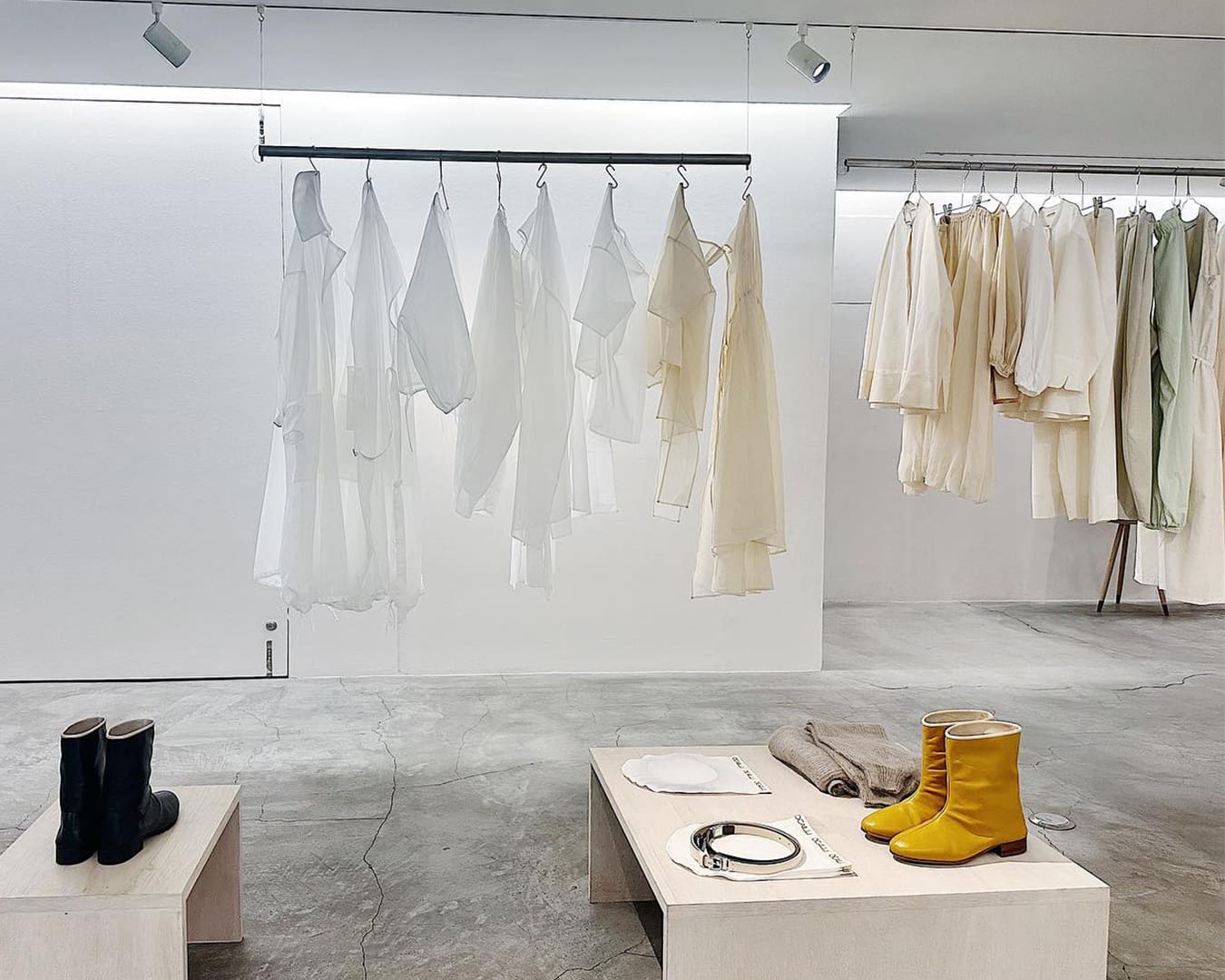
Aoyama/Sendagaya
Ocaille
Best for: Womenswear and accessories in a special setting
Location: 5−3−10 Minami-Aoyama, Minato-ku, Tokyo
The russet brick tiles of the cubic From 1st Building buck the trend in swish Minami-Aoyama, where large glass panels and Tadao Ando-inspired concrete is de rigueur. This gem of a space, with its Tetris-like structure and its meandering corridors and bridges, is unique for being a bastion of boutiques in an area where the usual fashion conglomerates loom large. Tokie Onda is the proud proprietor of one of these boutiques, presenting a selection of new and vintage clothing that meet the exacting standards she developed through years of buying trips to the fashion capitals of the world. Keep your eyes peeled for the striking silhouettes of Tenne Handcrafted Modern, the label designed by Onda’s husband, when you visit.
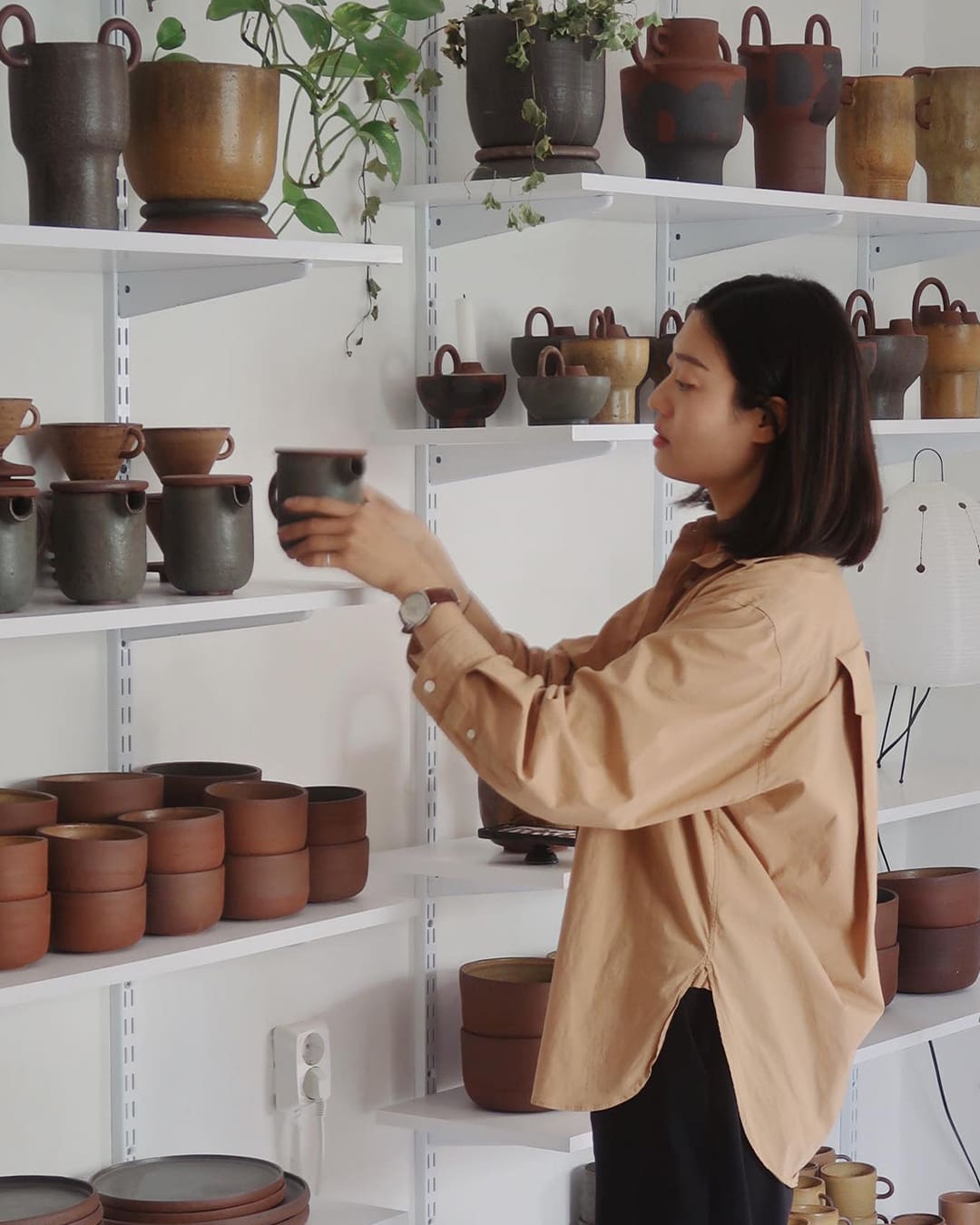
General Furnishings & Co
Best for: Affordable, stylish homeware
Location: 1-8-10 Sendagaya, Shibuya-ku, Tokyo
General Furnishings & Co does what it says on the tin and does it incredibly well. Its ceramics collection is particularly strong: the store nurtures relationships with potters around the world, most notably with Japanese potters who live and work overseas, such as LA-based Asami Hatanaka (asamono) and London-resident Yuta Segawa (SGW Lab). Whatever the category, though, the store has a knack for discovering items that are characterful yet subdued – table linens by Madre and Tanchen Studio’s Mazha Stools are both fine examples – and has plenty on offer in the lower price brackets as well.
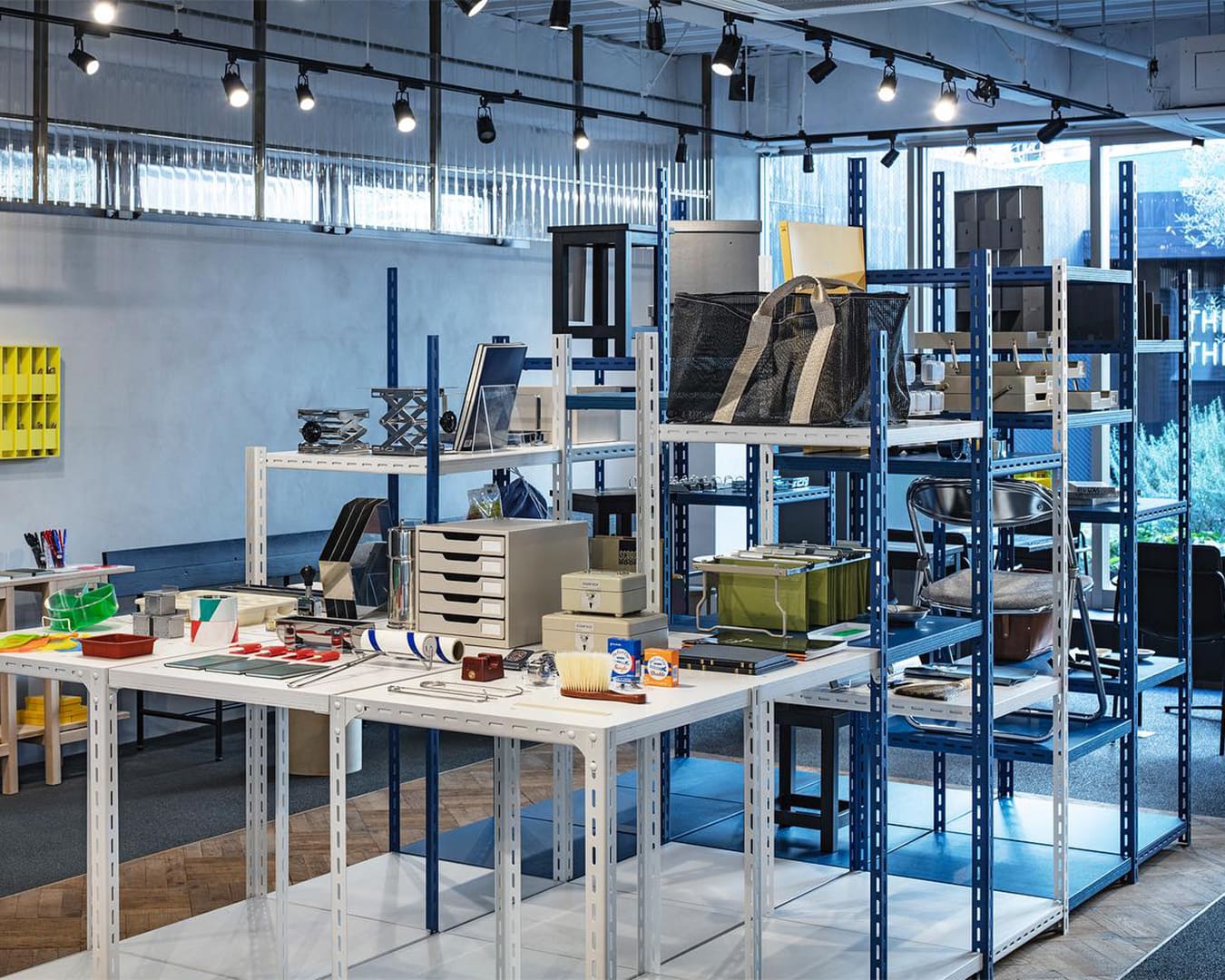
Think of Things
Best for: Stationery curated by a leading design studio
Location: 3-62-1 Sendagaya, Shibuya-ku, Tokyo
Expect simple stationery, modular storage systems, specialty coffee and an airy courtyard at this playful design shop and cafe. Think of Things occupies the ground floor of a three-storey building commissioned by Kokuyo – one of Japan’s best-known stationery and furniture companies – and leased to Yohak, a design studio that turns its creative eye to architecture, graphic design and everything in between. The shop is Yohak’s brainchild and bears the studio’s unique creative stamp, with pops of colour everywhere you look and in-house designer Aki Kanai’s pared-back brand identity neatly tying the shop’s disparate elements together.
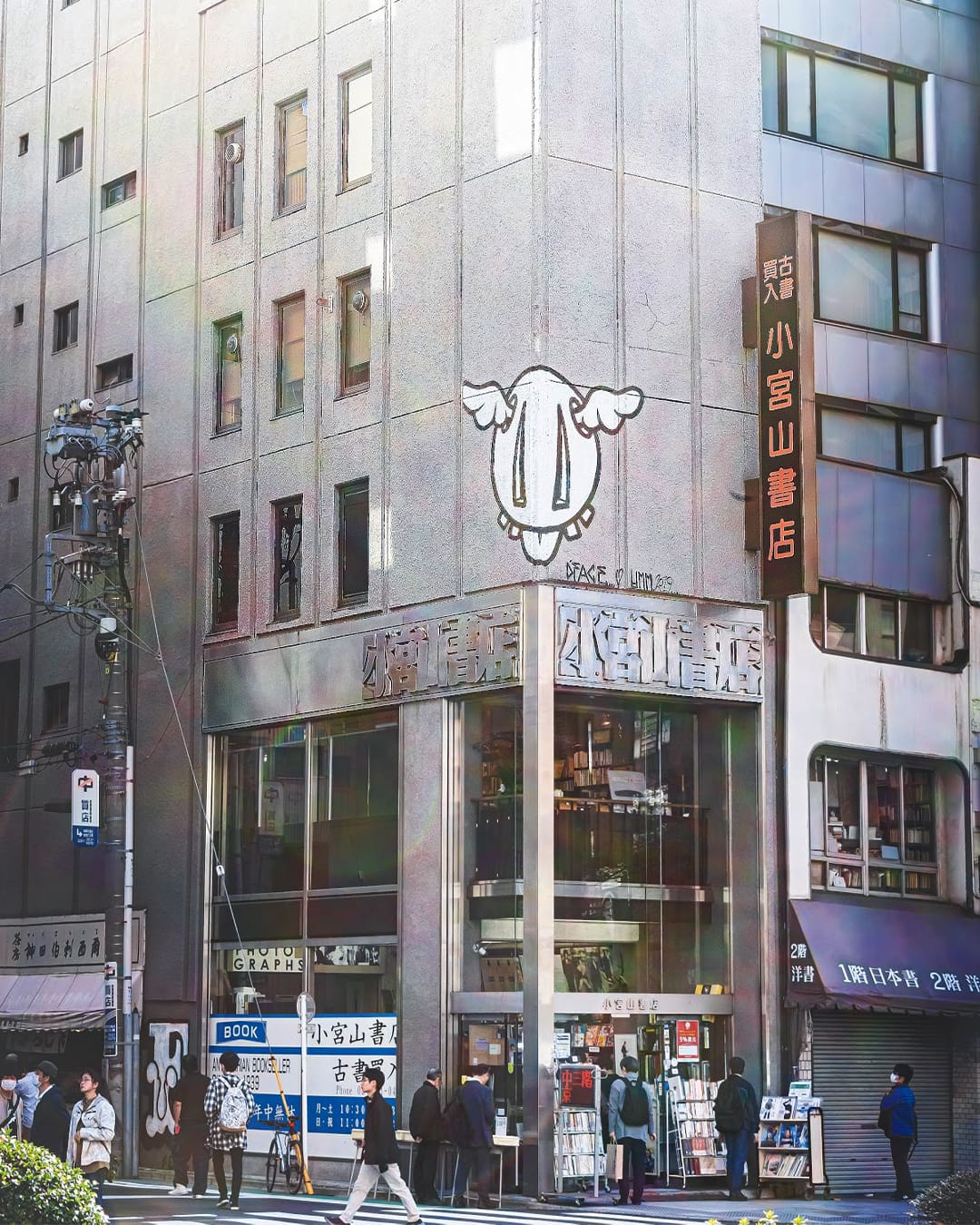
Jinbocho
Komiyama Book Store
Best for: Rare books on art and fashion
Location: 1-7 Kanda-Jinbocho, Chiyoda-ku, Tokyo
Walk through Jinbocho and you’ll see shop after shop filled to the rafters with books, so much so that they often spill out onto the pavement, with bookshelves and baskets of books lining many a storefront. Komiyama Book Store manages to keep most of its plentiful stock in-store – a necessity given how rare some of its art and fashion books are. Such rarities come with a steep price tag, but you’re welcome to peruse without indulging your yen, of course, and photo book fans in particular will find themselves spending an easy hour in the sizeable photography section. Be sure to pop in to a local kissaten (old-school coffee house) after for the full Jinbocho experience. Saboru, Ladrio and Trois Bagues are institutions but can get crowded; try newcomer Cafe Ataraxia for somewhere a bit more secluded.
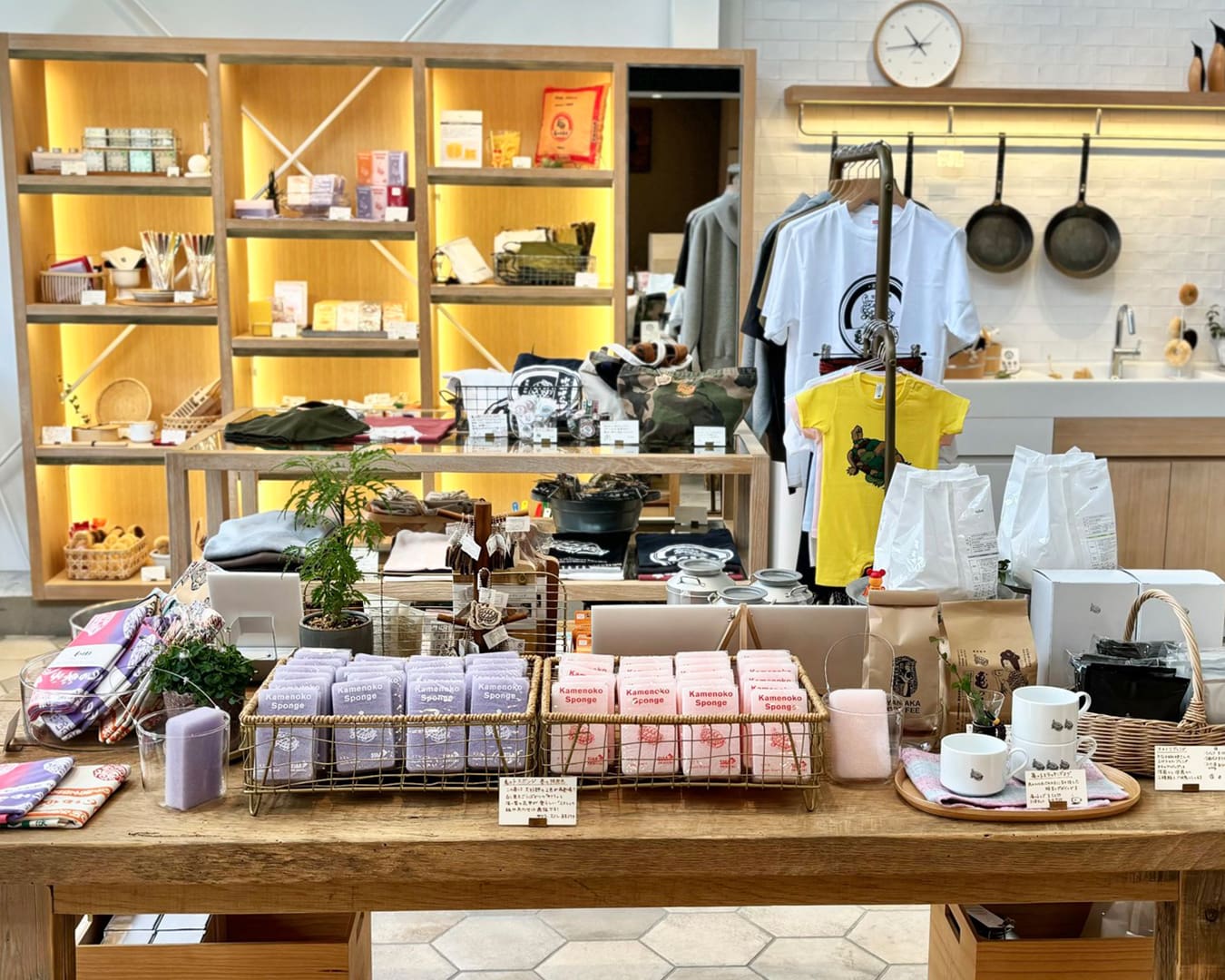
Takinogawa
Kamenoko Tawashi
Best for: Iconic Japanese scrubbing brushes
Location: 6-14-8 Takinogawa, Kita-ku, Tokyo
Some of these ‘baby turtle’ (kamenoko) brushes have started making their way overseas, but they’ve been a staple in Japanese kitchens for well over a hundred years. Handmade one-by-one from coconut-palm fibers, these charming brushes are stiff enough to scrub the skin off a root vegetable but also gentle enough to clean a cast-iron pan. The Kamenoko Tawashi factory moved to this area in 1923 – a fortuitous move, allowing it to withstand the Great Kanto Earthquake that occurred shortly after – and the building is one of the more pristine examples of the Western-influenced architecture that prevailed at the time. Just down the road is the equally historic Inari-yu bathhouse, which is a great place for a different kind of brush-up.
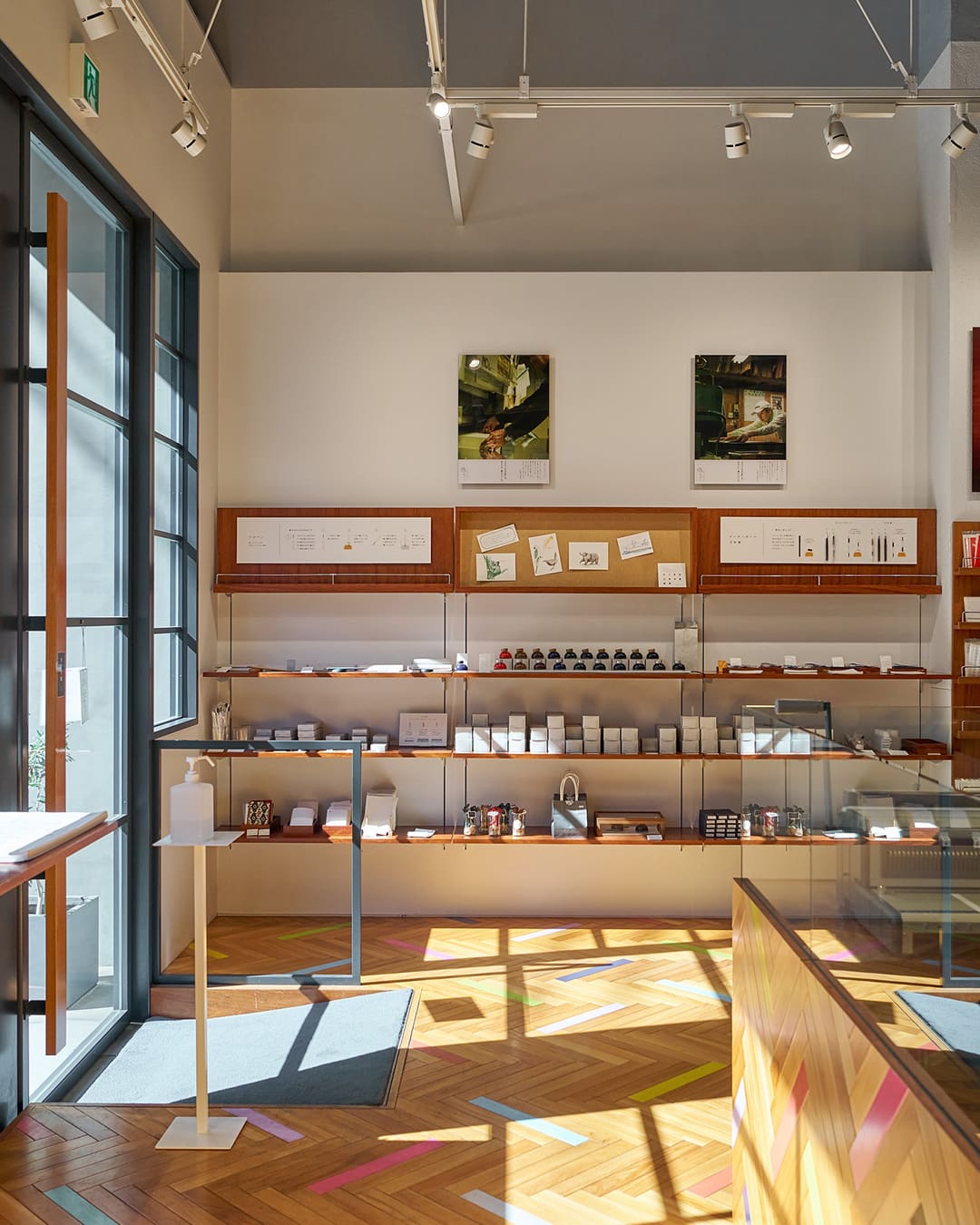
Kuramae
Kakimori
Best for: Tailor-made notebooks
Location: 1-6-2 Misuji, Taito-ku, Tokyo
Whether you use them for jotting down notes or keeping a diary, notebooks are very personal objects, and it’s surprisingly hard to find one that can be tailored to your needs and tastes, and even harder to find one that can be reused. This is what makes Kakimori so noteworthy. The shop’s made-to-order notebook service enables you to choose everything from the cover material to the binding style, and once you’ve finished the pages, they can refill the paper for you, meaning you can turn a new leaf on an old notebook. Cafe ARC is a good pit stop for a coffee afterwards, or if it’s that time of day, craft spirits bar Nomura Shoten is close by and serves a fine tipple.
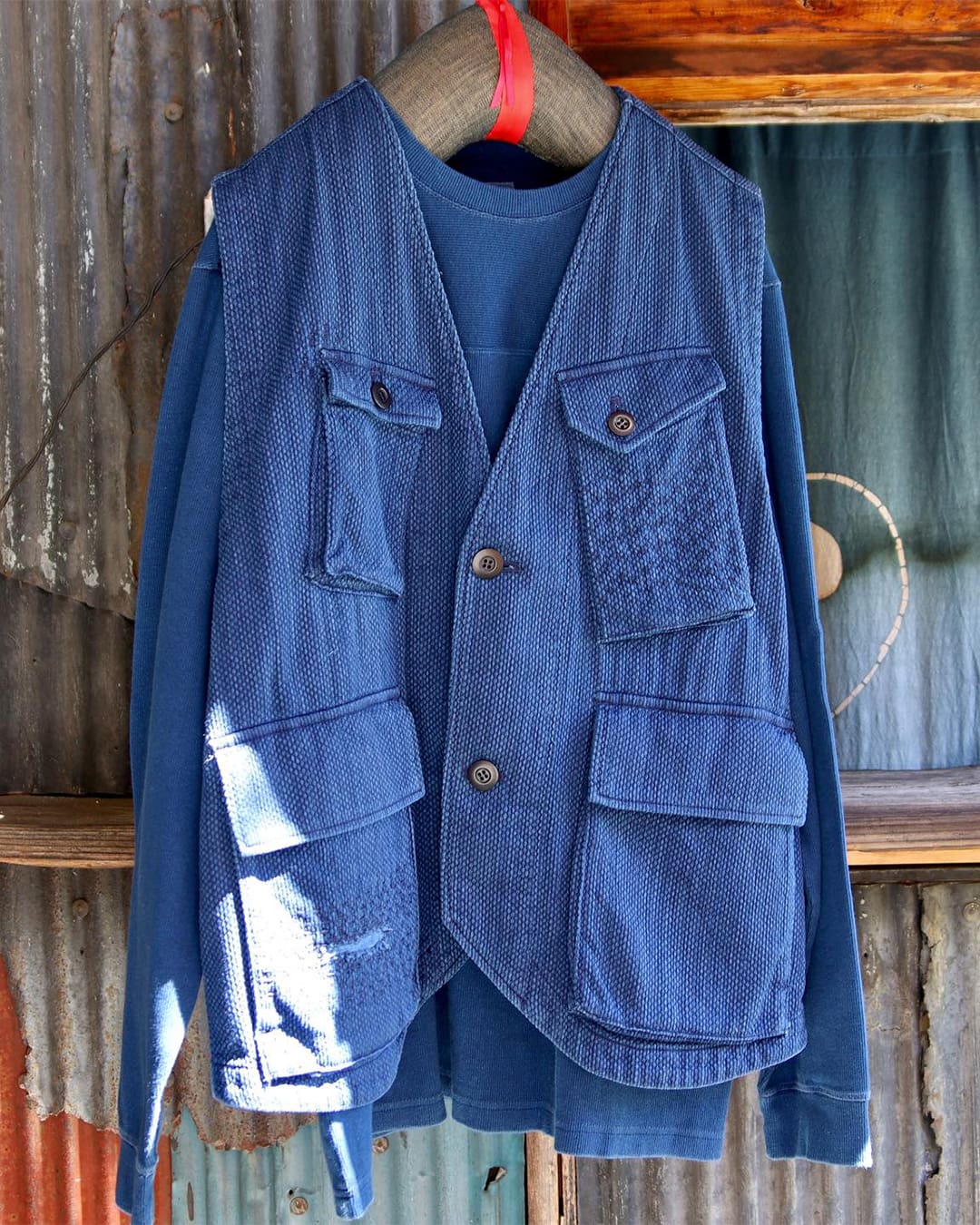
Daikanyama
Okura
Best for: Japanese denim
Location: 20-11 Sarugakucho, Shibuya-ku, Tokyo
In a fashion district like Daikanyama, there are more denim retailers than convenience stores, so deciding where to begin your hunt for a signature pair of Japanese jeans could prove difficult. A store that stands out from the rest is Okura, the flagship kura (storehouse) of Blue Blue Japan, a denim brand famed for its traditional dyeing techniques. The shop itself is a delight and might easily be mistaken for a private residence were it not for the brand’s distinctive yin-yang heart logo etched on the facade.
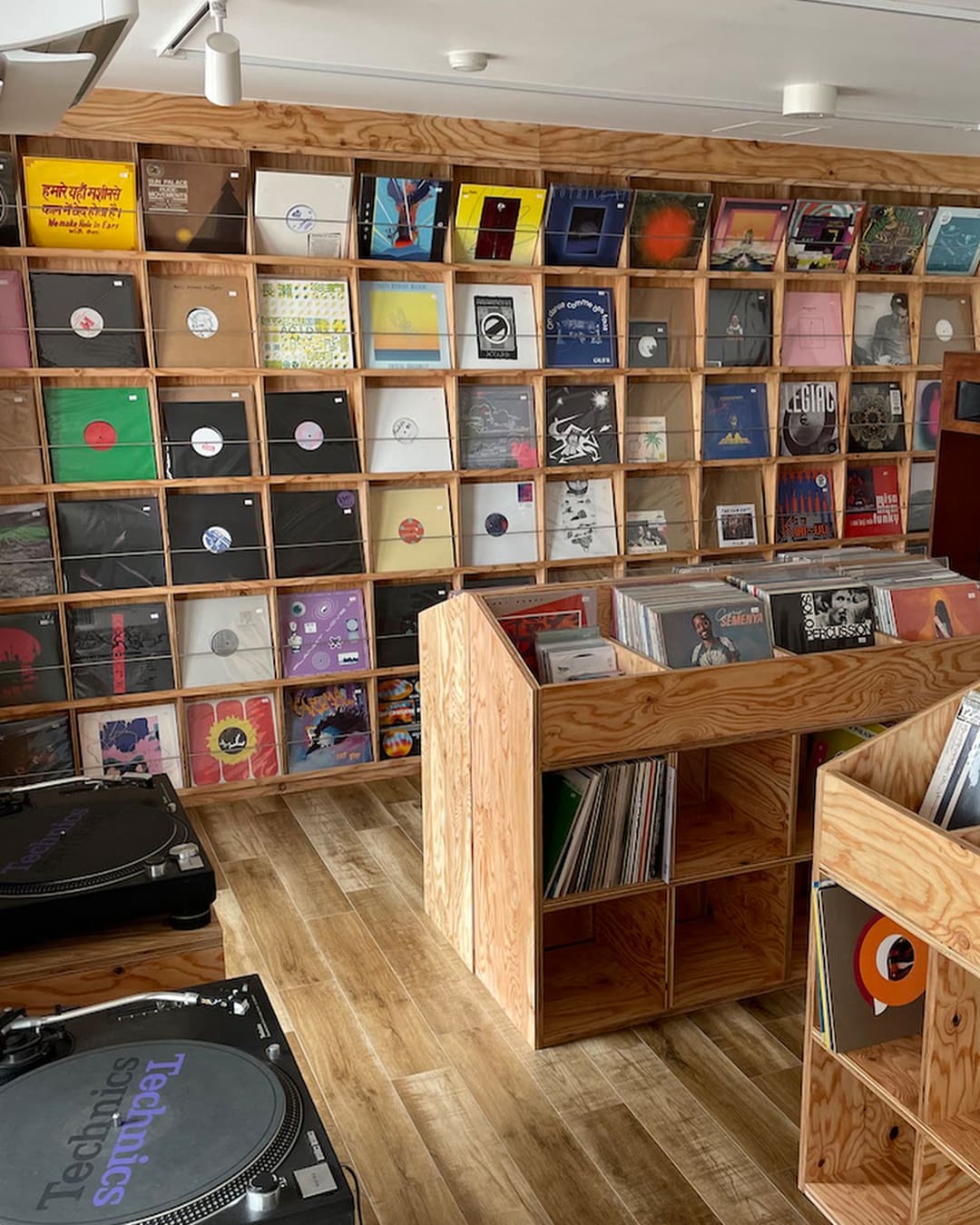
Shimokitazawa
Rana-Musica
Best for: Records focused on club and dance music
Location: 5−28−12 Daizawa, Setagaya-ku, Tokyo
One of the lesser publicised record stores in Shimokitazawa but one that’s highly respected among the city’s DJ scene, Rana-Musica is the place to discover new and used records spanning a variety of electronic music genres. The shop has a heavy focus on house and techno, but there’s a good number of ambient records lurking in the crates as well. Owner Ryo Nakahara often DJs at small venues around Tokyo, so there’s a high chance you can catch him on the decks while you’re in town.
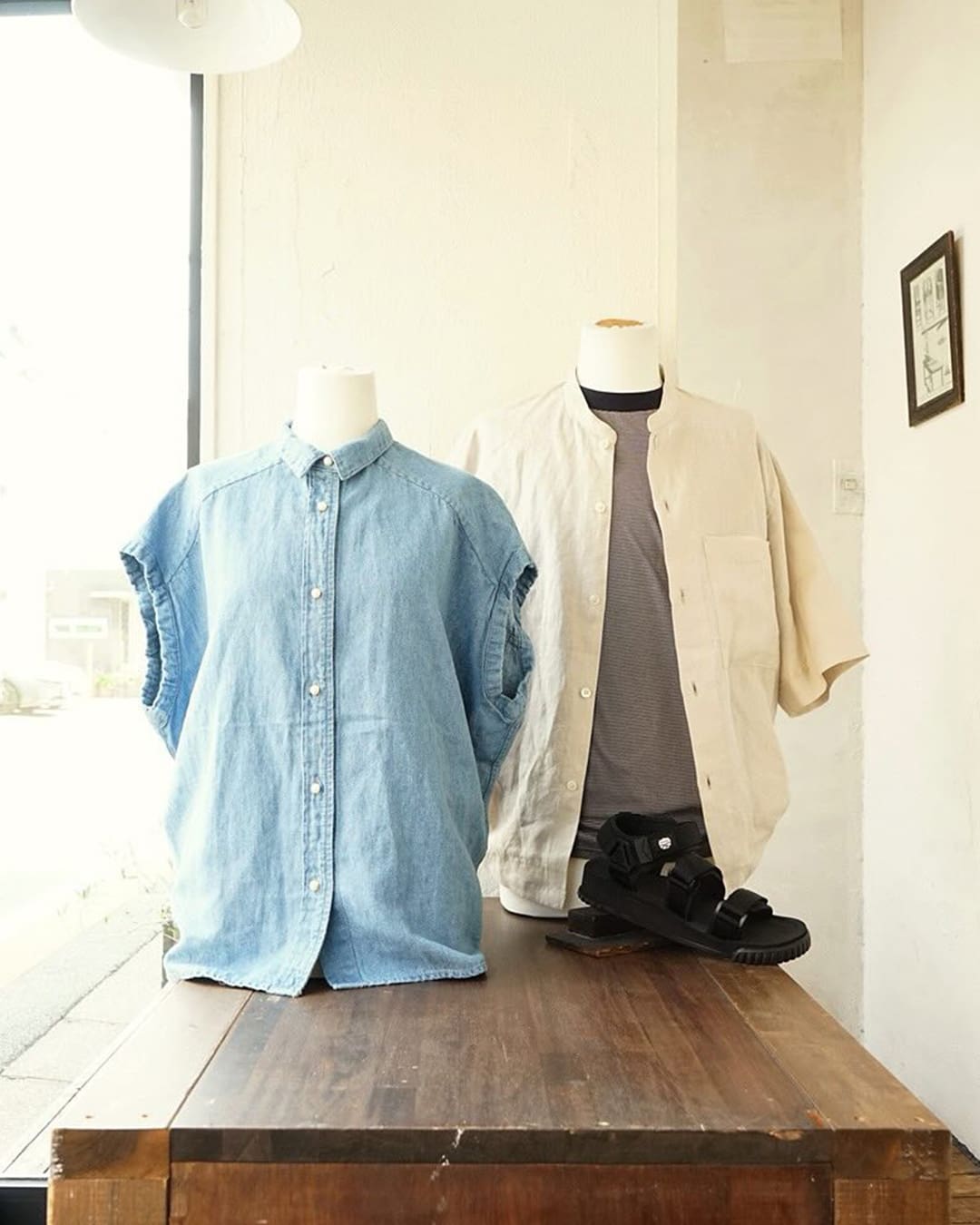
Gakugeidaigaku
Acoo
Best for: No-frills clothing of the finest quality
Location: 2−18−3 Takaban, Meguro-ku, Tokyo
Situated in Gakugeidaigaku (Gakudai to locals) – an increasingly popular neighbourhood that’s seen as a stylish younger sibling to nearby Nakameguro – Acoo is a boutique that sells simple, high-quality garments from small Japanese brands such as Ordinary Fits and Still by Hand. The shop has been going strong since the early 2000s and is run by Naoya Iijima, a fashion-focused aesthete with a calming presence and a penchant for French interiors. With its tranquil atmosphere and its French-inspired design, Acoo is a total manifestation of Iijima’s personality and interests in the way that only a boutique of this size can be.
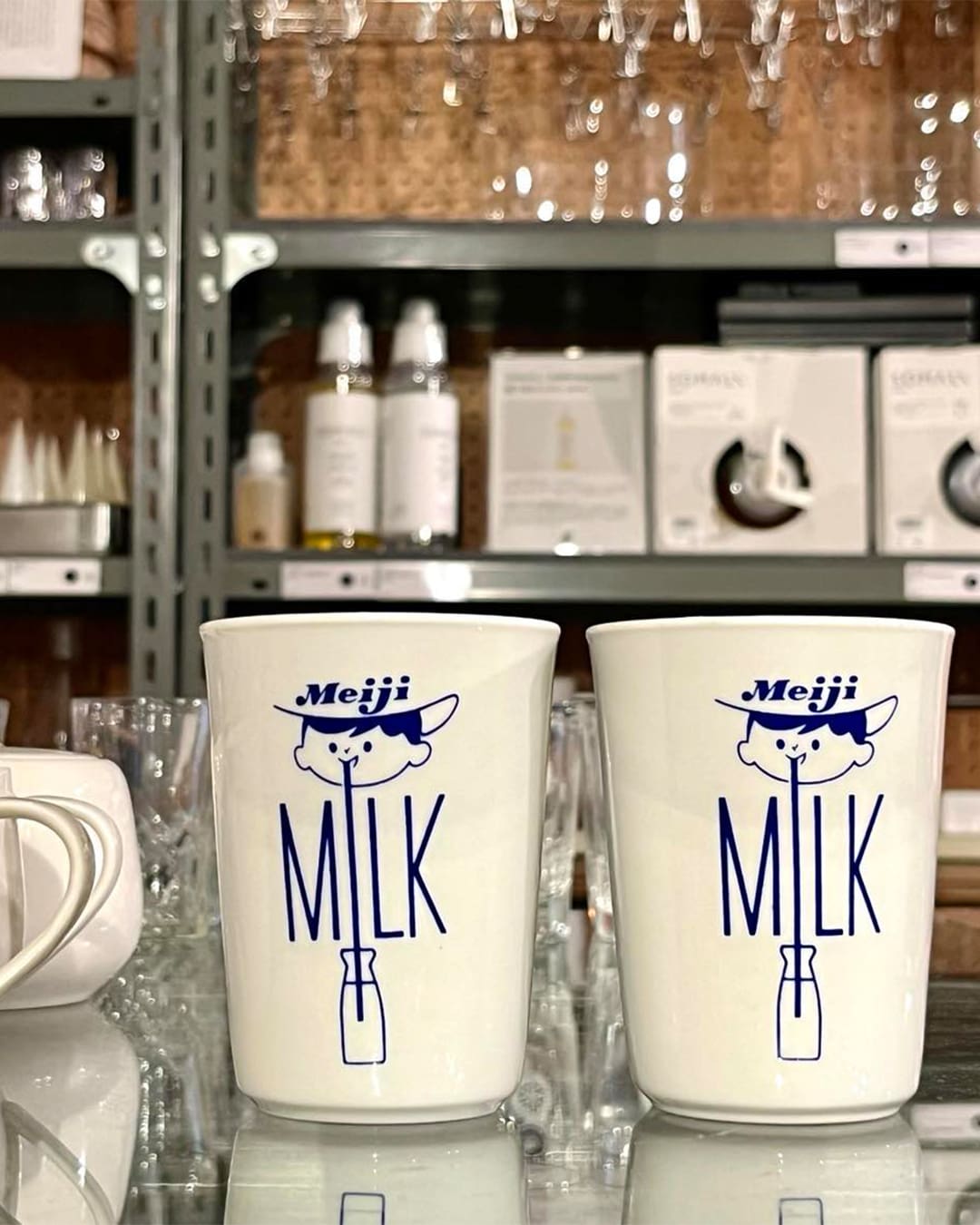
Okusawa
D&Department
Best for: Restored furniture and creative approaches to upcycling
Location: 8-3-2 Okusawa, Setagaya-ku, Tokyo
D&Department is one of Tokyo’s recent retail success stories, with the group overseeing multiple standout stores nationwide. Its ultimate goal is to have a store in all 47 prefectures for the purpose of promoting the traditional crafts and local industries in each one. Indeed, the group’s activities are ambitious and wide-ranging, but it is, fundamentally, a homeware store that values good design that lasts. This is no clearer than at where it all began: D&D’s Okusawa home base. Distance from the city centre affords the D&D team a large space in which to put their ‘long-life design’ credo into practice, restoring everything from mid-century modern design icons to old office furniture with the same tender loving care. Although even a stool may be a bit too large for the suitcase, there’s plenty more to be found in the other half of the store, where rows of both new and upcycled everyday items are displayed alongside rails of D&D’s own-brand workwear.
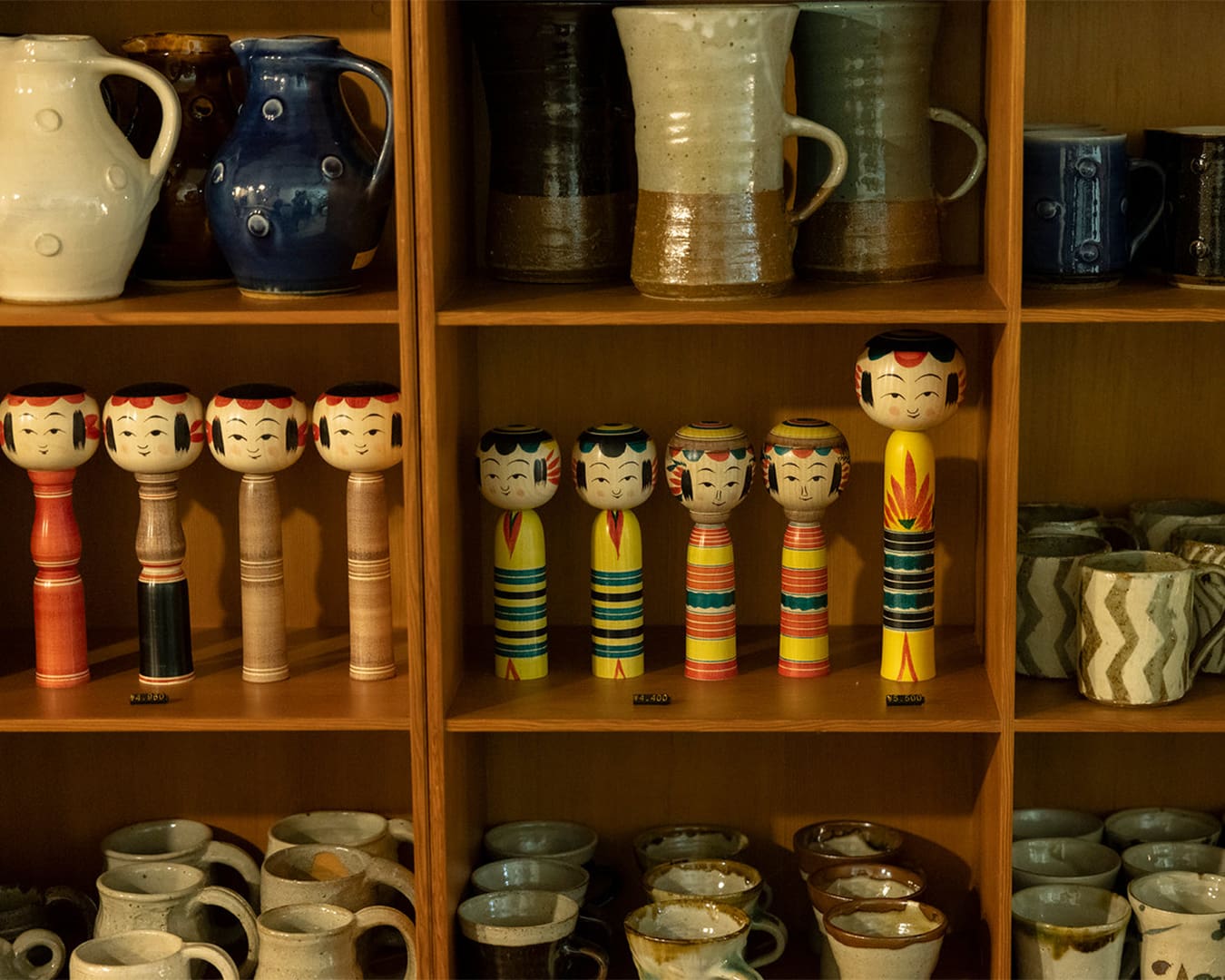
Koenji
Mogi Folk Art
Best for: Japanese folk art and vintage clothing
Location: 3-45-12 Koenjiminami, Suginami-ku, Tokyo
Headed up by Keiko Kitamura and Terry Ellis, a husband-and-wife duo who have a wealth of knowledge between them spanning vintage clothing, Japanese crafts and Scandinavian design (to name just a few of their areas of expertise), Mogi Folk Art was a much-anticipated opening in 2022 and soon made a name for itself in a neighbourhood already bustling with vintage stores. The shop’s offering certainly sets it apart, mixing in old Okinawan pottery with vintage US baseball jerseys and special-order knitwear from Shetland. If you find yourself taken by both the store and the surrounding area, then Mogi’s ‘Koenji’ print T-shirt is the memento for you.
